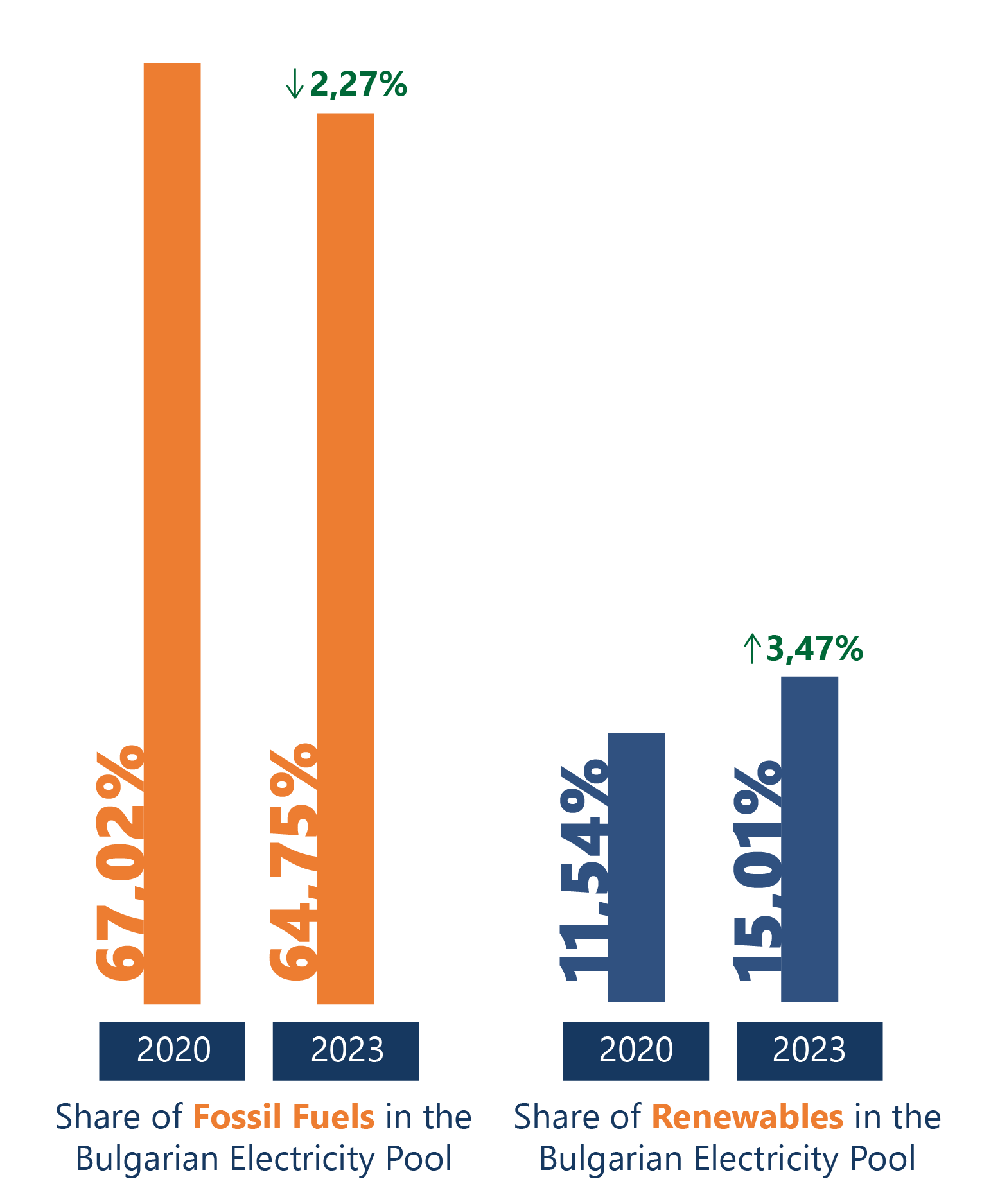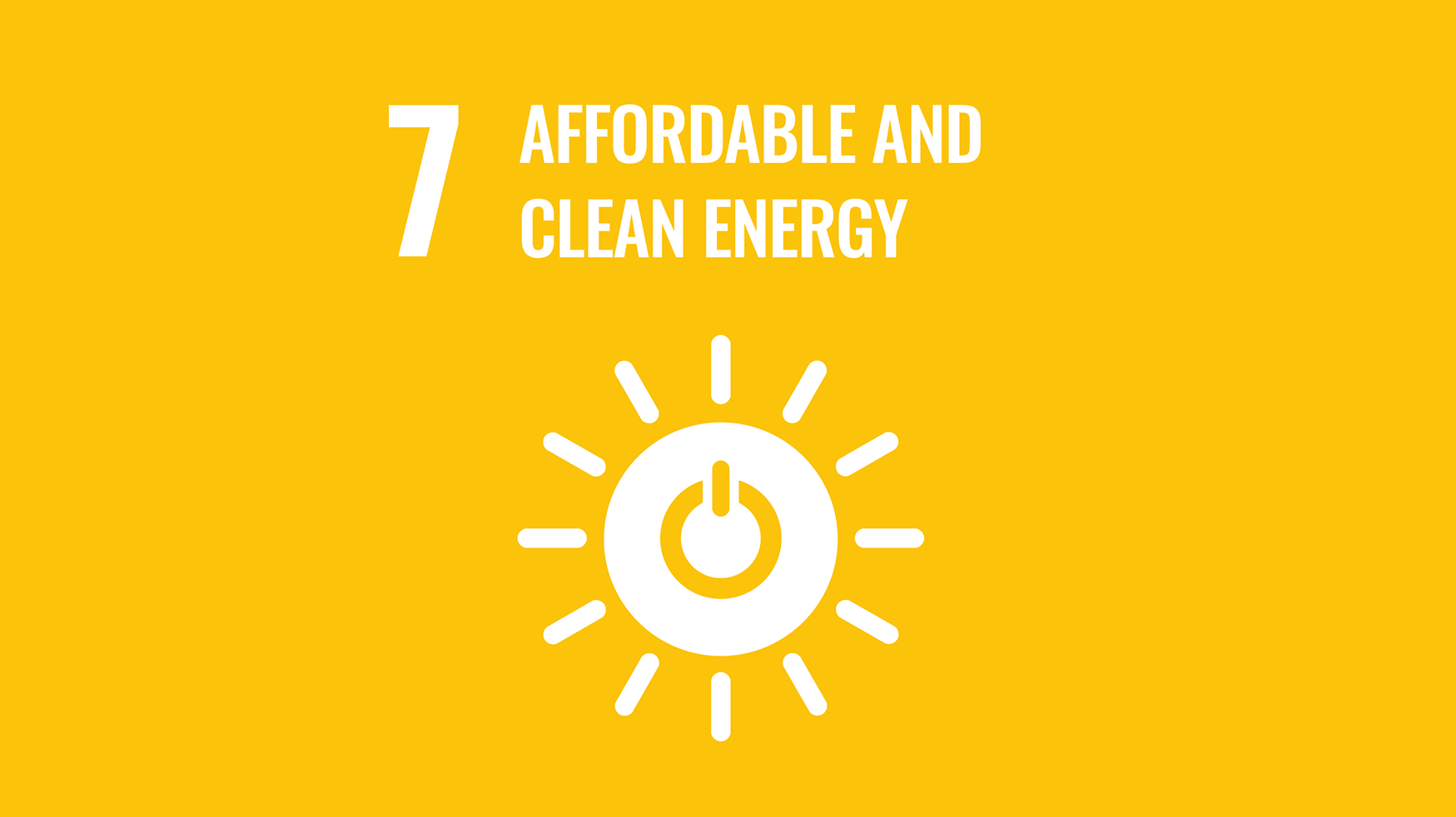

According to the Integrated National Energy and Climate Plan (NECP) for 2021-2030, Bulgaria aims to achieve a minimum 27% share of renewables in its gross energy consumption over the next decade. The EIB has launched the assignment to support Bulgaria in achieving the NECP targets by increasing its share of renewable energy sources (RES) in the national electricity mix. The main objective is to make the country more resilient to weather conditions and make the energy supply more stable by developing Battery Energy Storage Systems (BESS), which store the excess generated electricity, which reduces waste. NTU is tasked to develop a full pre-feasibility analysis and provide an assessment of concept projects for selected storage locations by considering grid services, feasible cases, grid impacts, and business case identification.
Implementation
NTU is executing this project by applying a structured approach. This involves analysing legal regulatory and technical frameworks for integrating Battery Energy Storage Systems. Following this, NTU will conduct a technical feasibility study for potential BESS sites.
The selected sites will undergo pre-feasibility analysis to address environmental, technical, and operational aspects. Finally, a cost-benefit analysis and a design for chosen locations will be produced, evaluating investment and operational costs, potential revenues, and environmental benefits. NTU is ensuring continuous collaboration with the EIB and Bulgarian stakeholders in the energy sector, thorough quality control, and alignment with international standards to achieve project goals effectively.
Impact
-
Strengthened Institutional Capacity – Through technical support provided to local governments and community leaders and the trainings performed, NTU significantly help to build institutional capacity for handling VAWC;
-
Increased Awareness and Prevention Methods – The training and educating of over 100 trainees and 5000 people across four districts were carried out, which empowered individuals and their families to address and challenge behaviours associated with violence against women and children;
-
Community Engagement – With more than 5000 people reached (incl. community, cultural and religious leaders), awareness and anti-violence initiatives were promoted, as well as good practices when tackling the issue.

SDGs
This project contributes to the following Sustainable Development Goals (SDGs):




